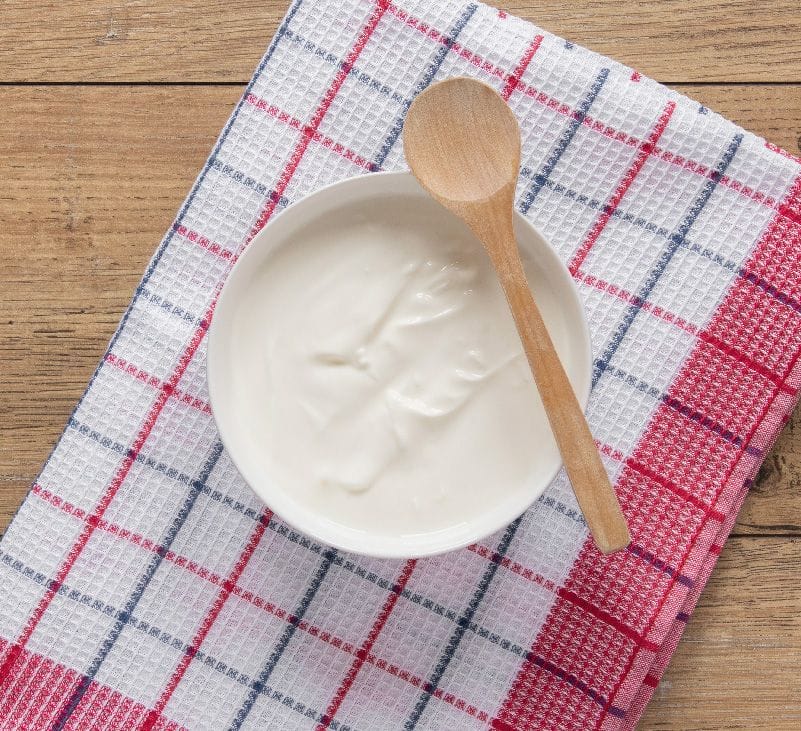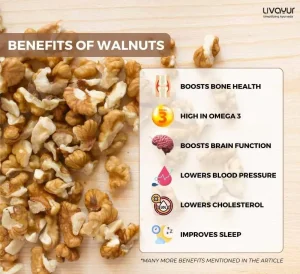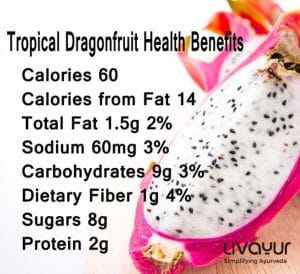This article is reviewed by an expert
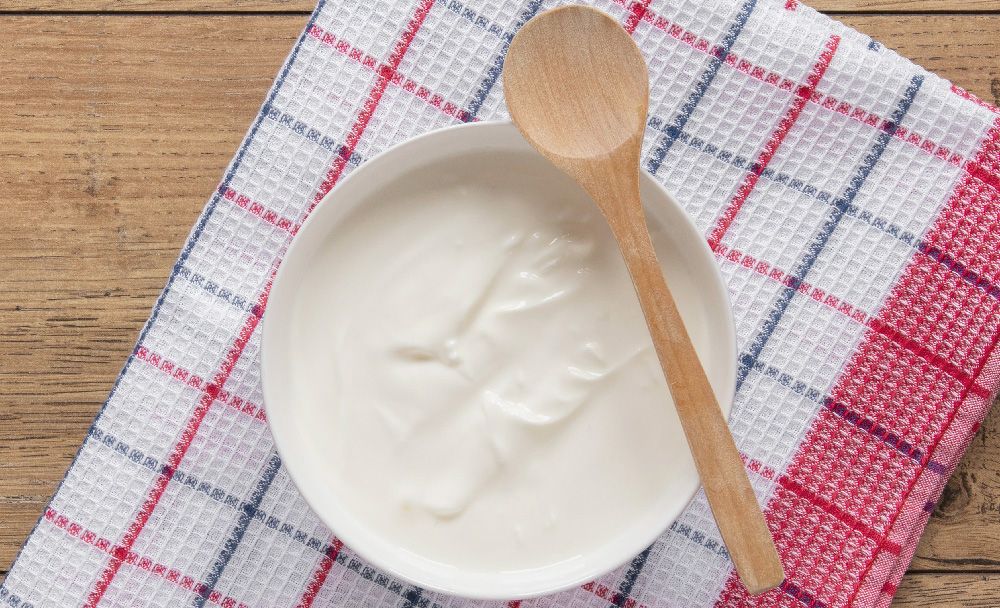
Probiotics are living microorganisms that are good for human health when consumed in moderation. [1] Ayurveda has long recognized the importance of gut health and the use of probiotics to support overall well-being.[2] In this blog post, we will explore the meaning, benefits, types, and sources of probiotics in Ayurveda, as well as some scientific evidence supporting their use.
Meaning of Probiotics
The World Health Organization defines probiotics as live microorganisms that confer health benefits when administered in adequate amounts on the host. [3] These are foods that contain live microorganisms that have a beneficial effect on the digestive system and overall health. The most common probiotic foods in Ayurveda include curd, buttermilk, and lassi.[2]
Benefits of Probiotics in Ayurveda
Improved Digestive Health
Primary Benefit: Probiotics have been shown to improve gut health by promoting the growth of beneficial bacteria, balancing Agni (Digestive Fire) and inhibiting the growth of harmful bacteria. [1] [2] [3]
Secondary Benefit: This can lead to improved digestion, reduced inflammation, and a stronger immune system. [1] [2] [3]
Better Mental Health
Primary Benefit: Research has suggested that there is a connection between gut health and mental health.[2]
Secondary Benefit: Probiotics can help reduce symptoms of depression and anxiety, as well as improve cognitive function. According to Ayurveda probiotics have been shown to balance the Vata, Pita and Kapha Doshas which in turn improve mental health.[2]
Enhanced Immune Function
Primary Benefit: Probiotics can improve gut health.[2]
Secondary Benefit: Improved gut health is linked to healthy immune function and an increase in Ojas(life force) which in turn helps protect the body against infections and diseases.[2]
Types of Probiotics
- Lactobacillus acidophilus: This strain of probiotics is commonly found in yoghurt and other fermented foods. It has been shown to improve digestive health and enhance immune function. [4] [5] [6]
- Bifidobacterium lactis: This strain is commonly found in dairy products and supplements. It has been shown to improve gut health and reduce inflammation. [4] [5] [6]
- Streptococcus thermophilus: This strain of probiotics is commonly found in yoghurt and other fermented foods. It has been shown to improve lactose digestion and enhance immune function. [4] [5] [6]
Sources of Probiotics in Ayurveda
Curd/Yoghurt
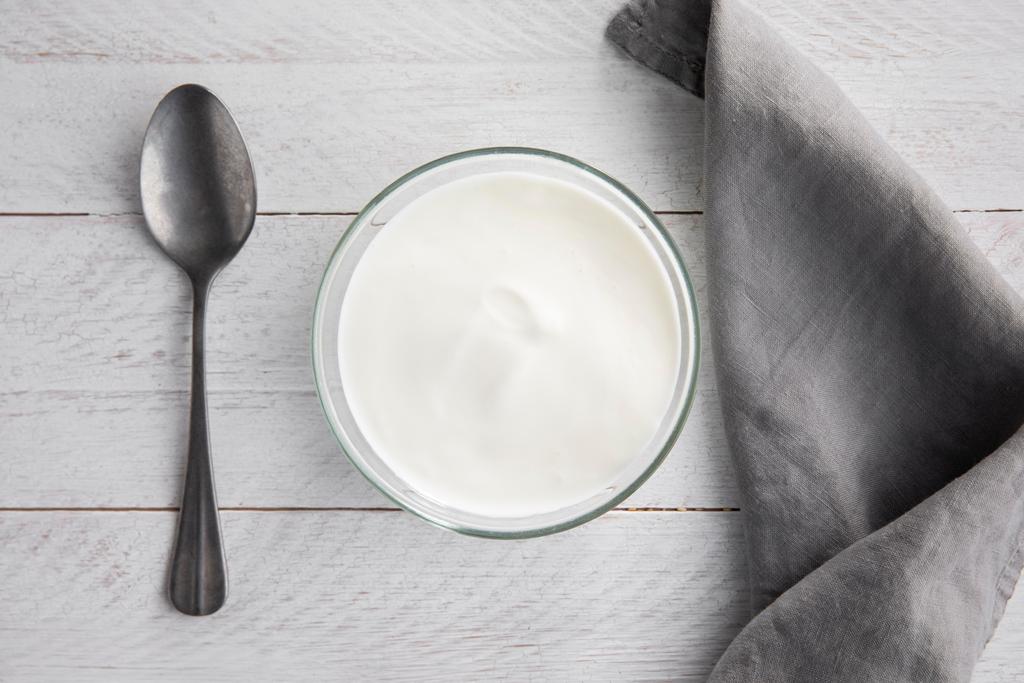
Curd, also known as Dahi, is a fermented product obtained by adding a few drops of curd or buttermilk to milk. Ayurveda, an ancient Indian system of medicine, describes various methods for preparing fermented milk products. These methods have been used for centuries and are still popular today. [2]
Curd has a sour and astringent taste, is hot in potency, and is unctuous or oily. It is known to have various medicinal properties, such as being an aphrodisiac, vitalizer, relishing, appetizer, and strength promoter. Curd made from cow’s milk is considered to be the best.[2]
Buttermilk (Takra)
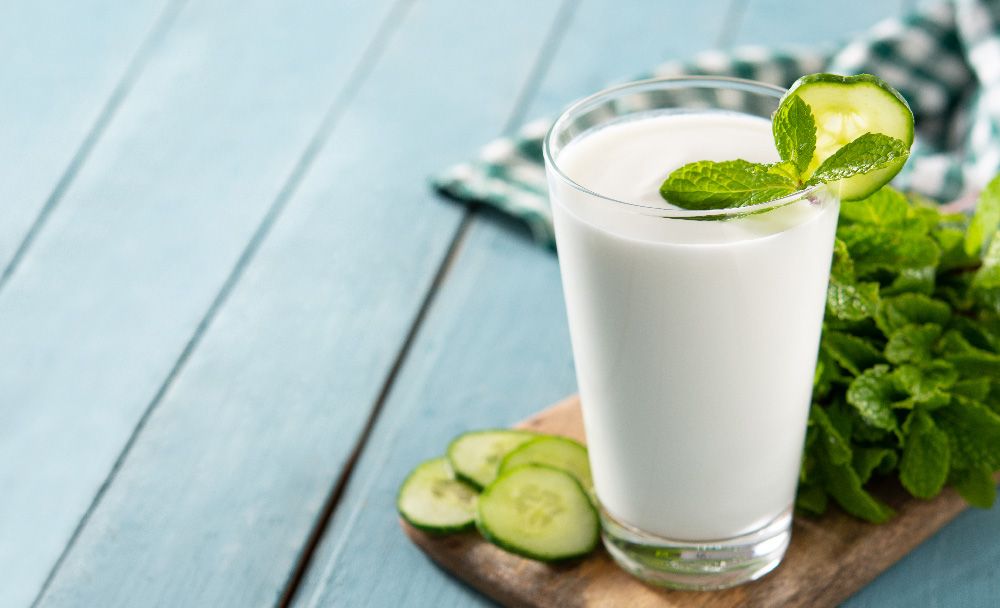
Buttermilk, also known as Takra, is prepared by churning curd with water. It has a sweet and sour taste with astringency as a subsidiary taste, is hot in potency, and is easily digestible. It may cause some dryness in the body. Buttermilk is known to alleviate minor poisons in the body, stimulate Agni(digestive fire), decrease edema, and help control diarrhoea, anaemia, haemorrhoids, and splenomegaly. It is also helpful in treating anorexia, intermittent fevers, vomiting, excessive salivation, dysuria, and excessive body fat. [2]
According to Ayurveda, buttermilk is recommended during cold seasons, for deficiency of Agni(digestive fire), and for diseases caused by Kapha and Vata doshas. [2]
Lassi

Lassi is a traditional Indian drink made from yoghurt, water, and spices. It is a good source of probiotics, particularly Lactobacillus acidophilus and Bifidobacterium lactis.Lassi helps in digestion as it is made by churning yogurt, which is beneficial for the assimilation of food. Lassi is easy to digest and contains beneficial bacteria that lubricate the digestive tract and aid in absorption. This is why Lassi is consumed after meals, as it prevents stomach problems. It is a healthy and natural drink that can prevent stomach bloating and constipation, and by drinking a glass of it, it can also help ward off stomach issues. [7]
Scientific Evidence Supporting the Use of Probiotics
According to the modern definition, “probiotics” are specific live cultures of microorganisms. However, the Ayurvedic understanding of these products is more holistic and suggests that the medicinal benefits may not solely be due to the microflora, but also to the prebiotic minerals and other components present in the product. Recent pharmacological studies have shown the positive effect of Ayurvedic probiotics, such as curd, on gut health. [2]
FAQs:
1. Are there any side effects of consuming probiotics?
While probiotics are generally safe for most people, some individuals may experience mild side effects such as bloating, gas, or diarrhoea. It is important to consult with a healthcare professional before taking probiotics, especially if you have a compromised immune system or a chronic health condition.
2. Can probiotics be taken in supplement form?
Yes, probiotics are available in supplement form and can be taken in addition to consuming probiotic-rich foods. It is important to choose a high-quality supplement that contains the specific strains of probiotics that you are looking for.
3. How long does it take to see the benefits of probiotics?
The time it takes to see the benefits of probiotics varies from person to person and depends on factors such as the type and amount of probiotics consumed, the individual’s gut health, and overall health status. Some people may see improvements within a few days, while others may take several weeks or even months.
4. Can probiotics help with weight loss?
While probiotics are not a weight loss cure, some studies have suggested that they may be beneficial for weight management. Certain strains of probiotics have been shown to reduce body weight and body mass index (BMI) in some individuals, although more research is needed to fully understand the mechanisms behind this effect.
5. Can probiotics be harmful in high doses?
While probiotics are generally safe, consuming very high doses of probiotics can be harmful, especially for individuals with compromised immune systems or chronic health conditions. It is important to follow dosage instructions carefully and to consult with a healthcare professional before taking high doses of probiotics.
Conclusion
In conclusion, incorporating probiotics into our diet can have numerous health benefits, and Ayurveda offers a variety of probiotic foods that are both tasty and nutritious. By making small changes to our diet and including probiotic-rich foods, we can improve our gut health and support our overall well-being.
Disclaimer: This article is only for providing generic information, please consult a trained medical practitioner every time before initiating any treatment.
References:
- Probiotic viability – does it matter? – PubMed (nih.gov)
- Fermented milk products: Probiotics of Ayurveda Kukkupuni SK, Shashikumar A, Venkatasubramanian P – J Med Nutr Nutraceut (jmnn.org)
- Probiotics – PMC (nih.gov)
- Probiotics, prebiotics and synbiotics- a review – PMC (nih.gov)
- Fermented foods, microbiota, and mental health: Ancient practice meets nutritional psychiatry (researchgate.net)
- Effects of probiotics on gut microbiota: Mechanisms of intestinal immunomodulation and neuromodulation (researchgate.net)
- Dietetic-Benefits-of-Yogurt-Based-Beverage-Lassi-Becoming-Fact-Finding-Probe-in-Research.pdf (researchgate.net)
- Probiotics, prebiotics and synbiotics for weight loss and metabolic syndrome in the microbiome era




